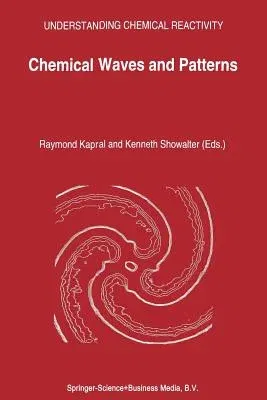The concept of macroscopic waves and patterns developing from chemical
reaction coupling with diffusion was presented, apparently for the first
time, at the Main Meeting of the Deutsche Bunsengesellschaft fur
Angewandte Physikalische Chemie, held in Dresden, Germany from May 21 to
24, 1906. Robert Luther, Director of the Physical Chemistry Laboratory
in Leipzig, read his paper on the discovery and analysis of propagating
reaction-diffusion fronts in autocatalytic chemical reactions [1, 2].
He presented an equation for the velocity of these new waves, V =
a(KDC)1/2, and asserted that they might have features in common with
propagating action potentials in nerve cell axons. During the discussion
period, a skeptic in the audience voiced his objections to this notion.
It was none other than the great physical chemist Walther Nernst, who
believed that nerve impulse propagation was far too rapid to be akin to
the propagating fronts. He was also not willing to accept Luther's wave
velocity equation without a derivation. Luther stood his ground, saying
his equation was "a simple consequence of the corresponding differential
equation. " He described several different autocatalytic reactions that
exhibit propagating fronts (recommending gelling the solution to prevent
convection) and even presented a demonstration: the autocatalytic
permanganate oxidation of oxalate was carried out in a test tube with
the image of the front projected onto a screen for the audience.


